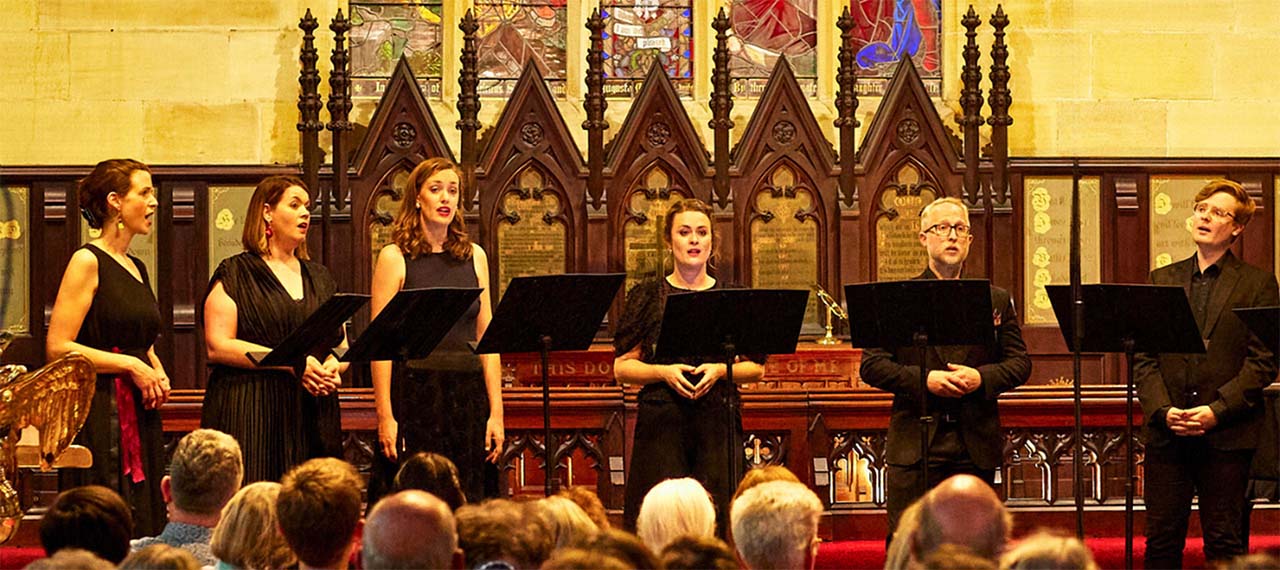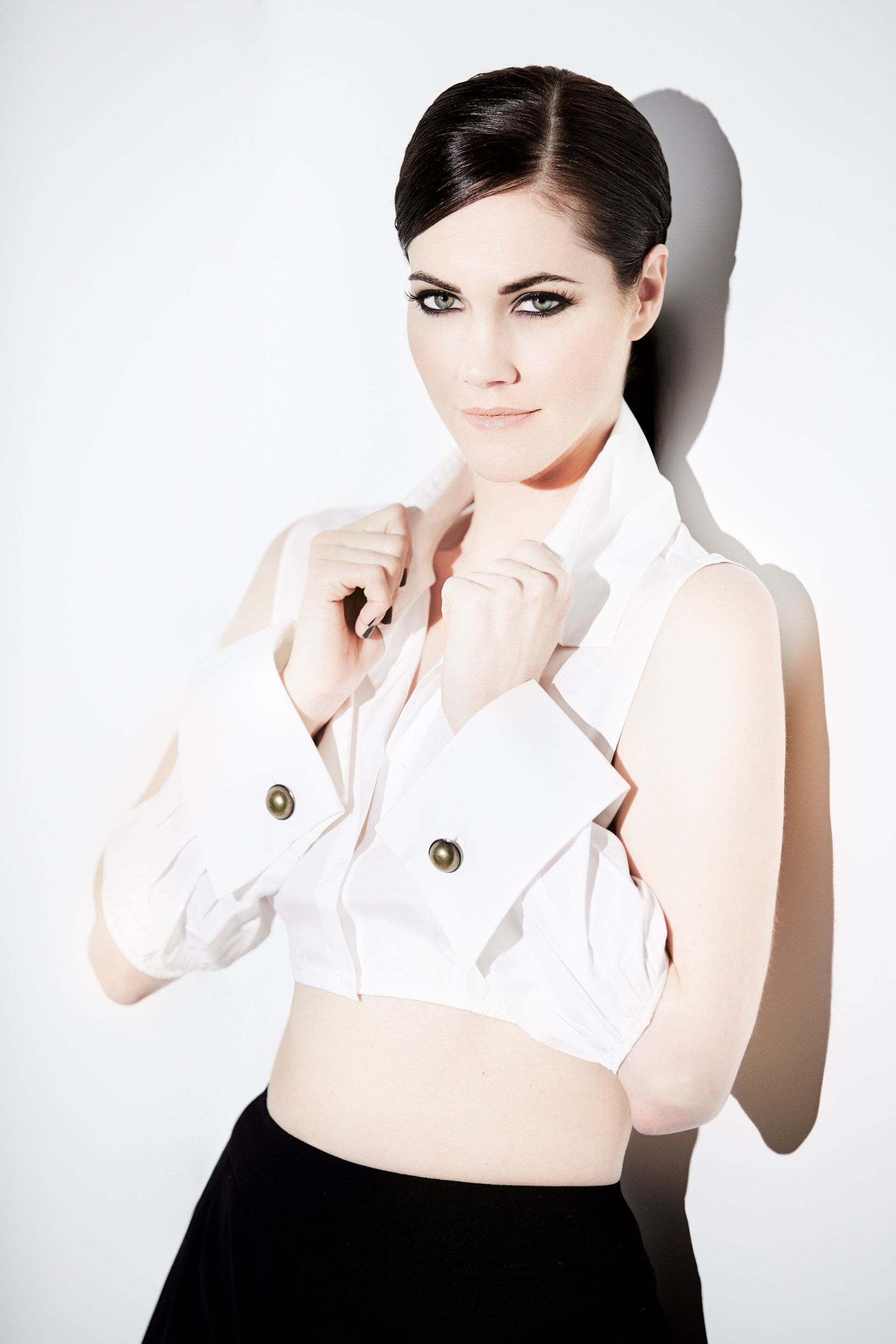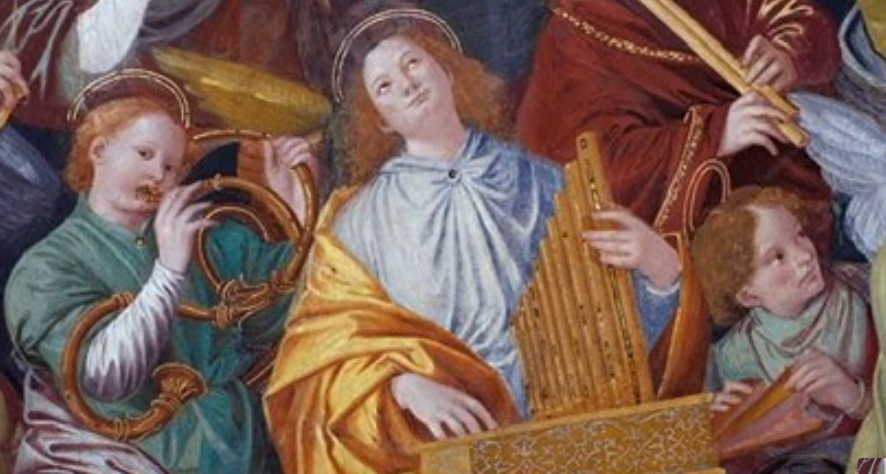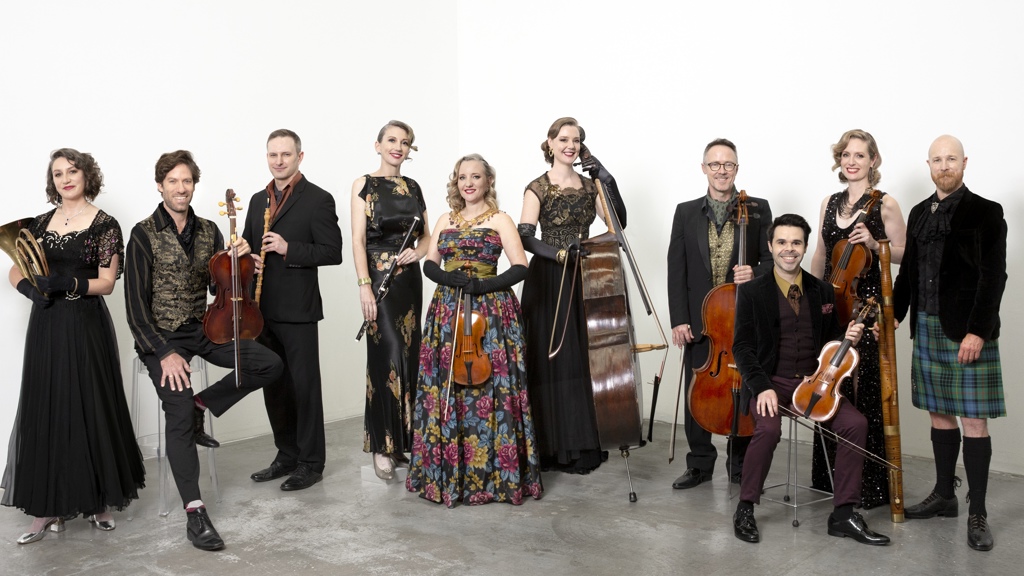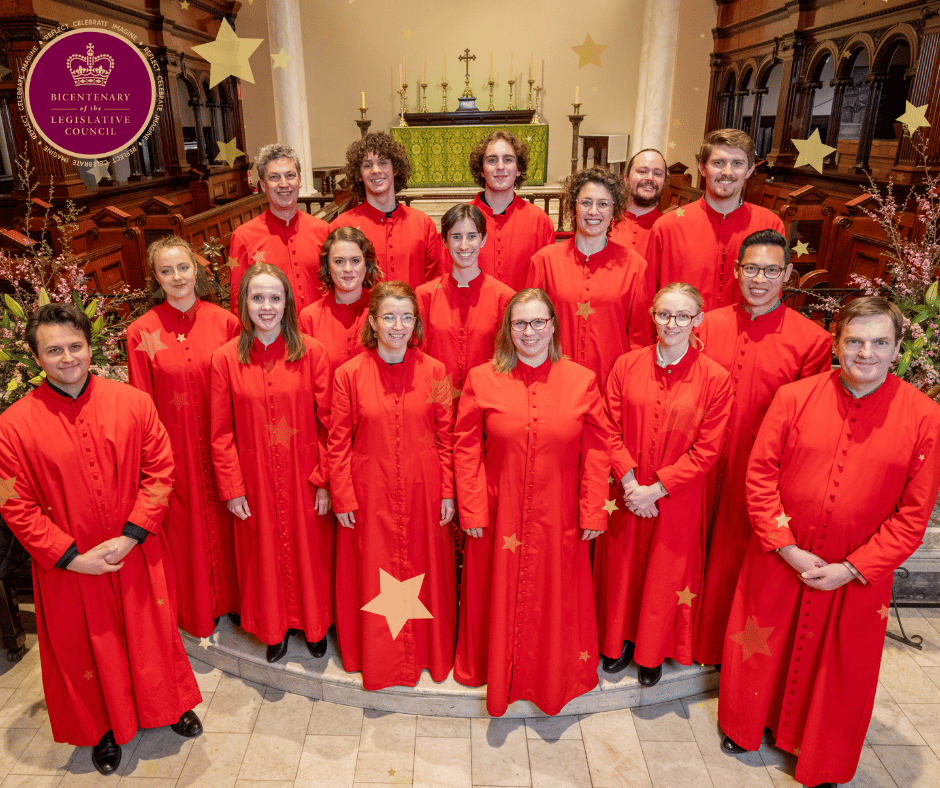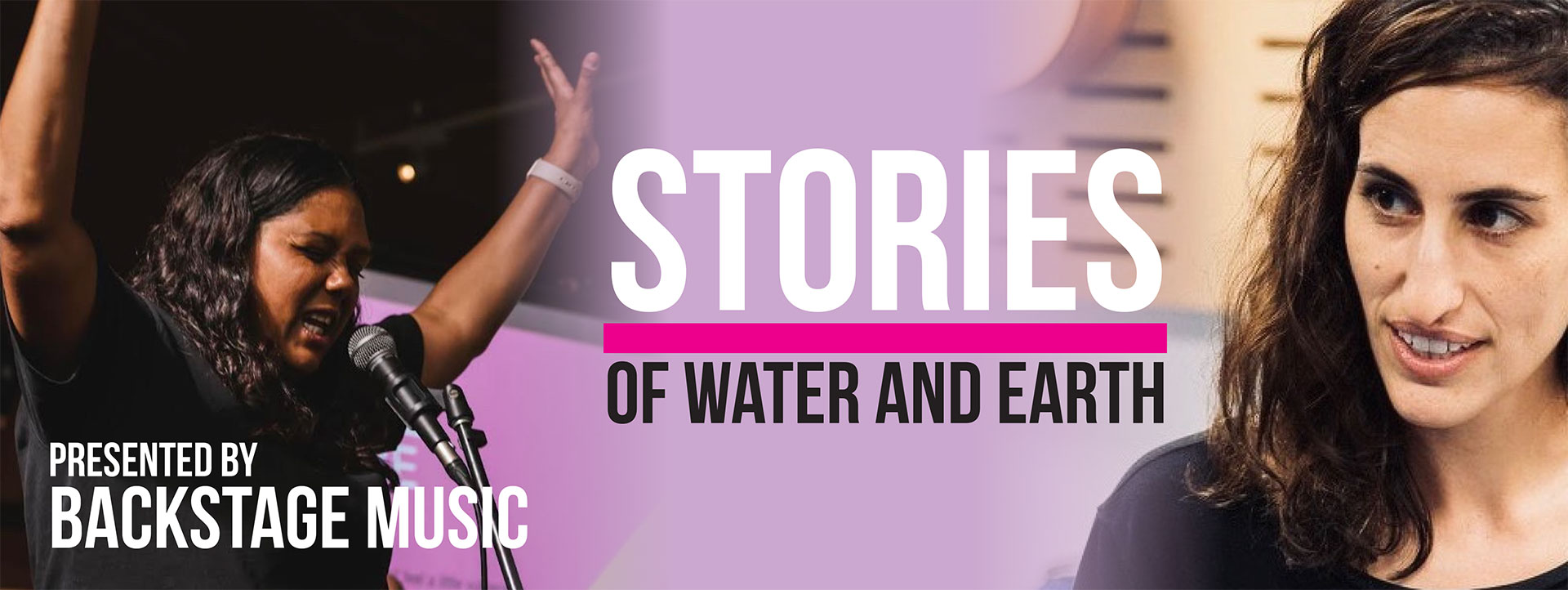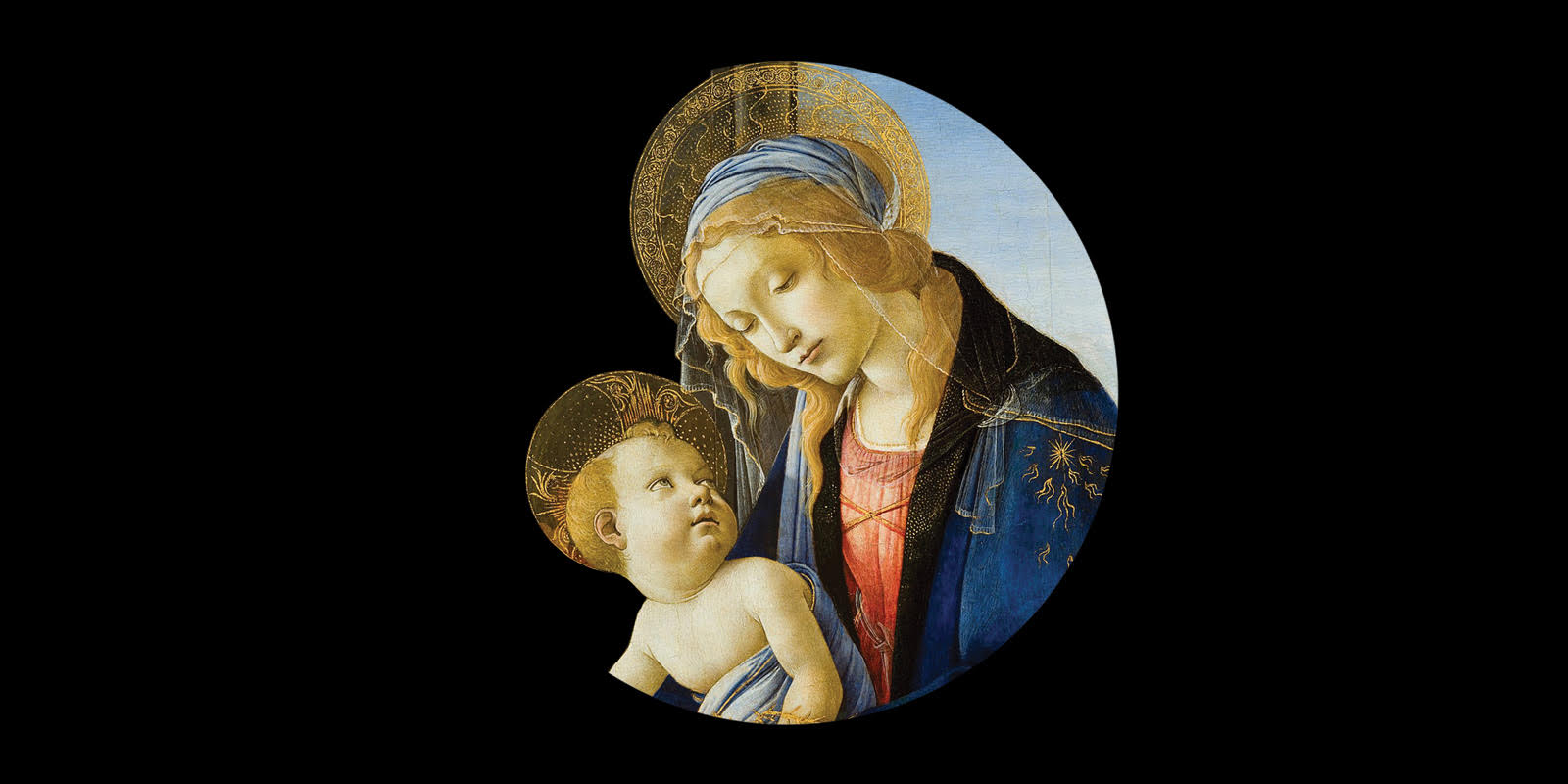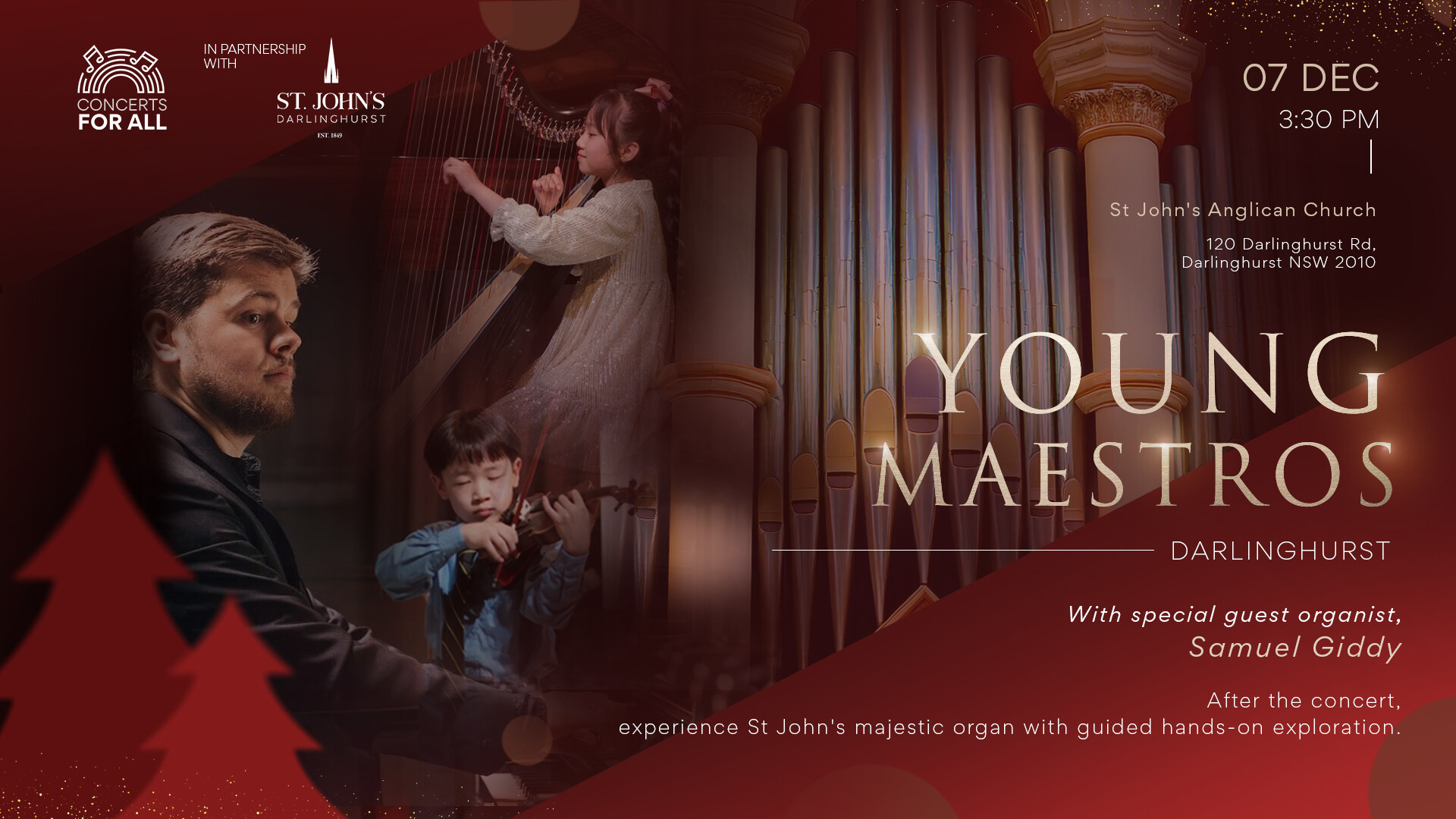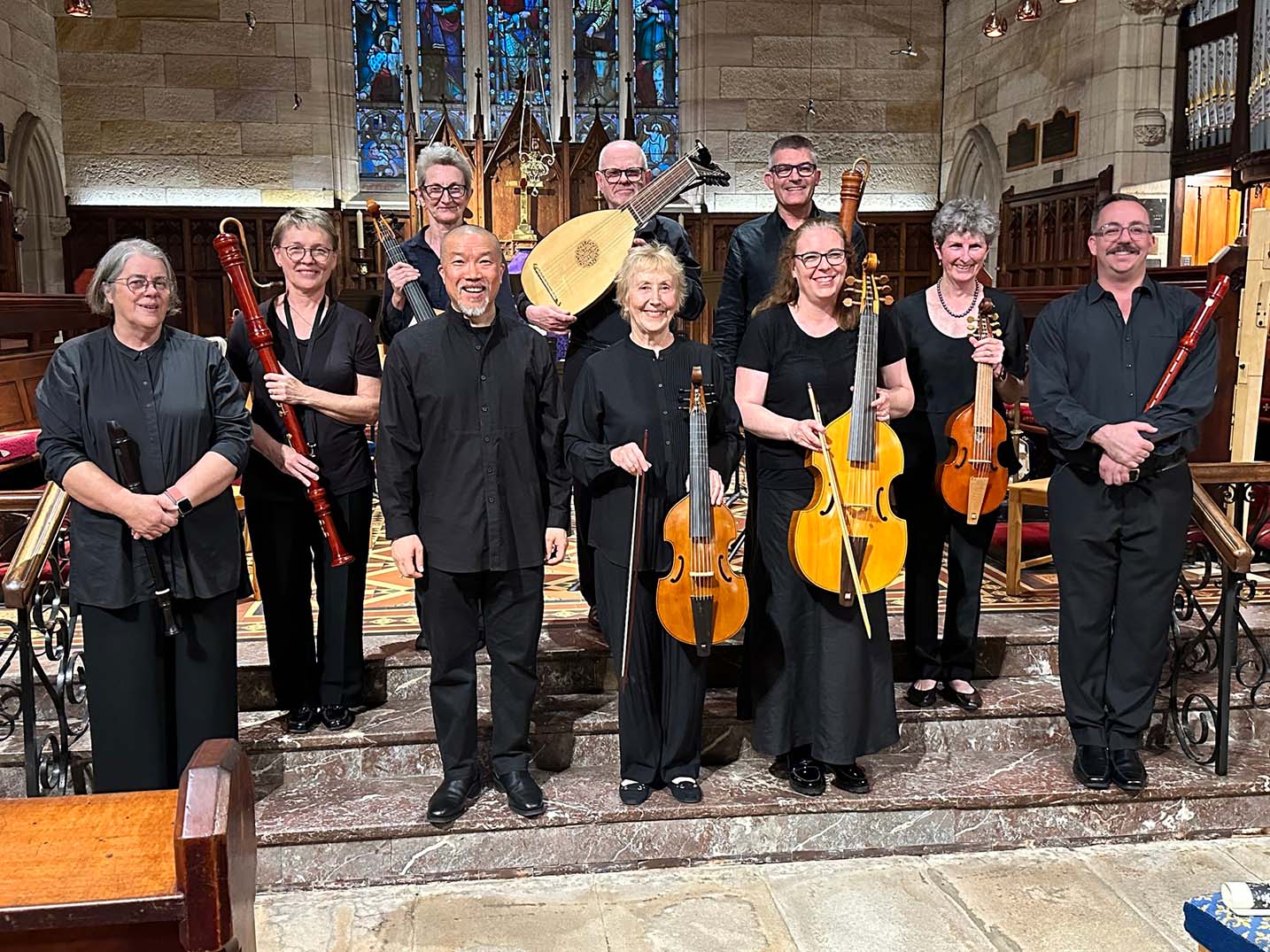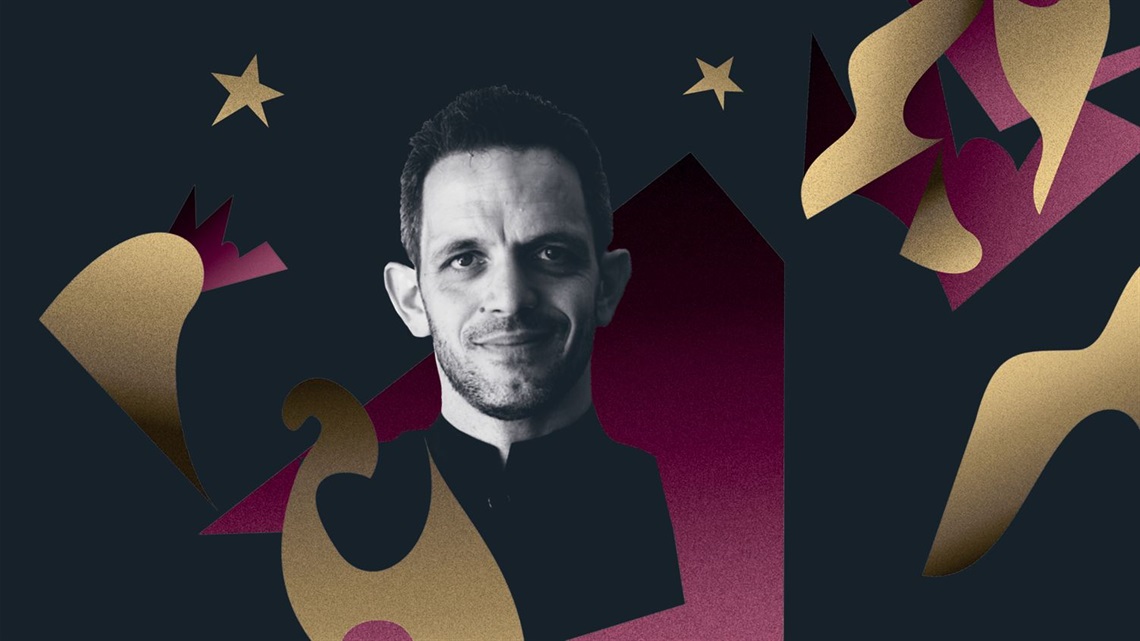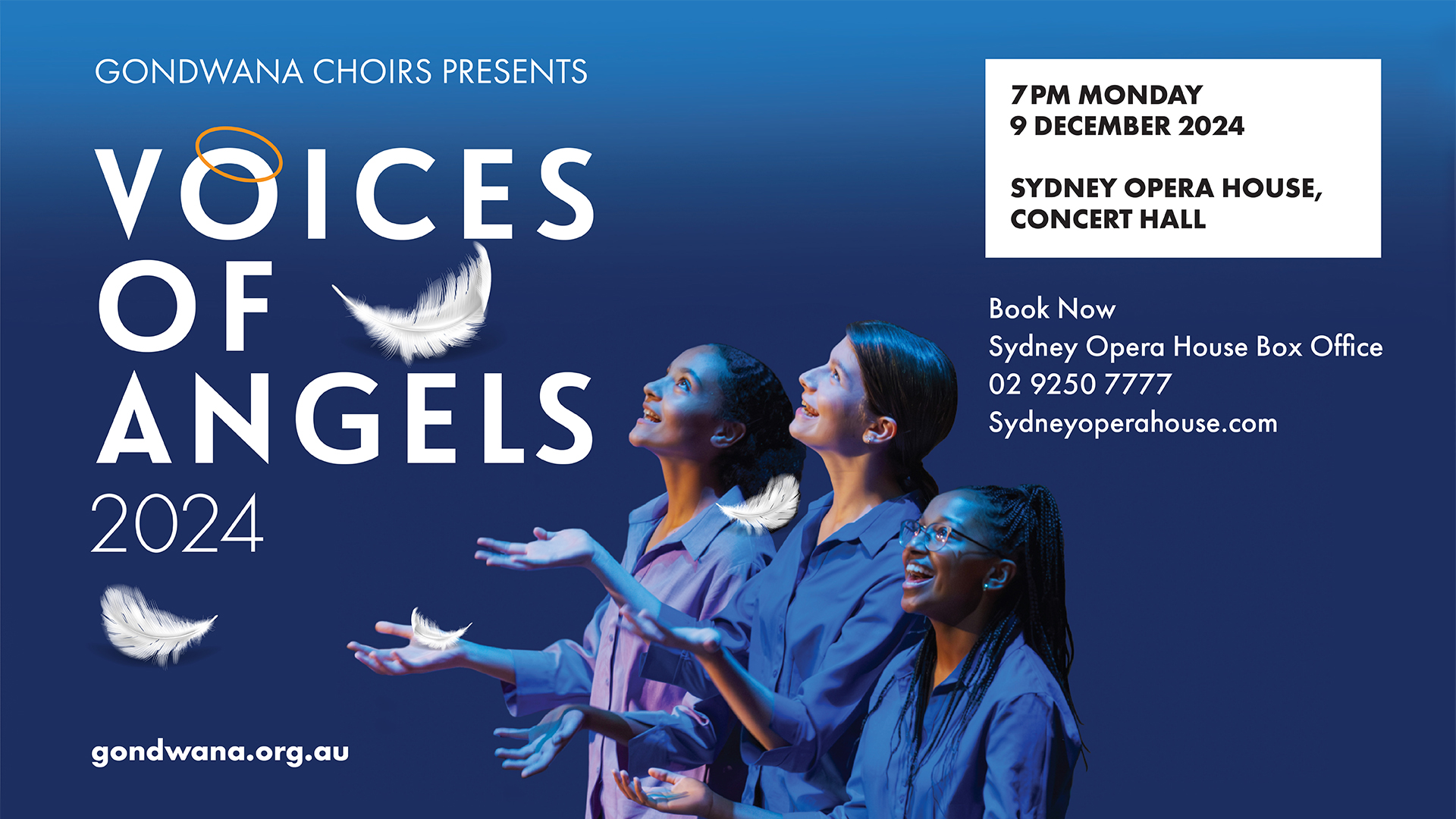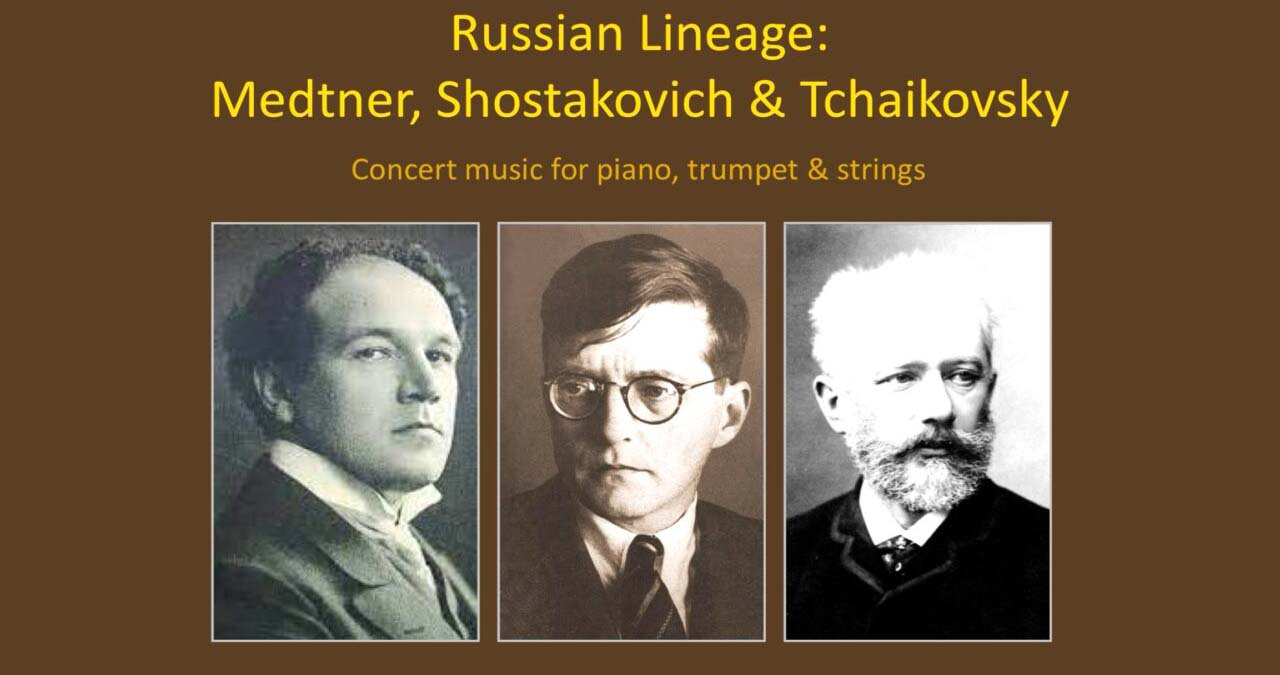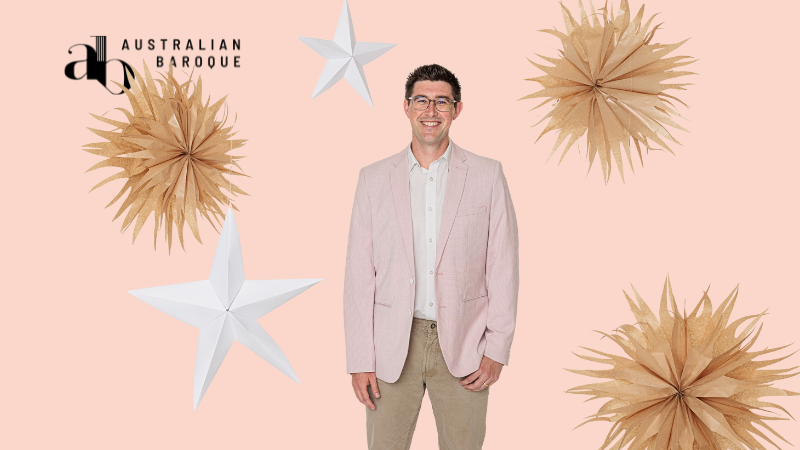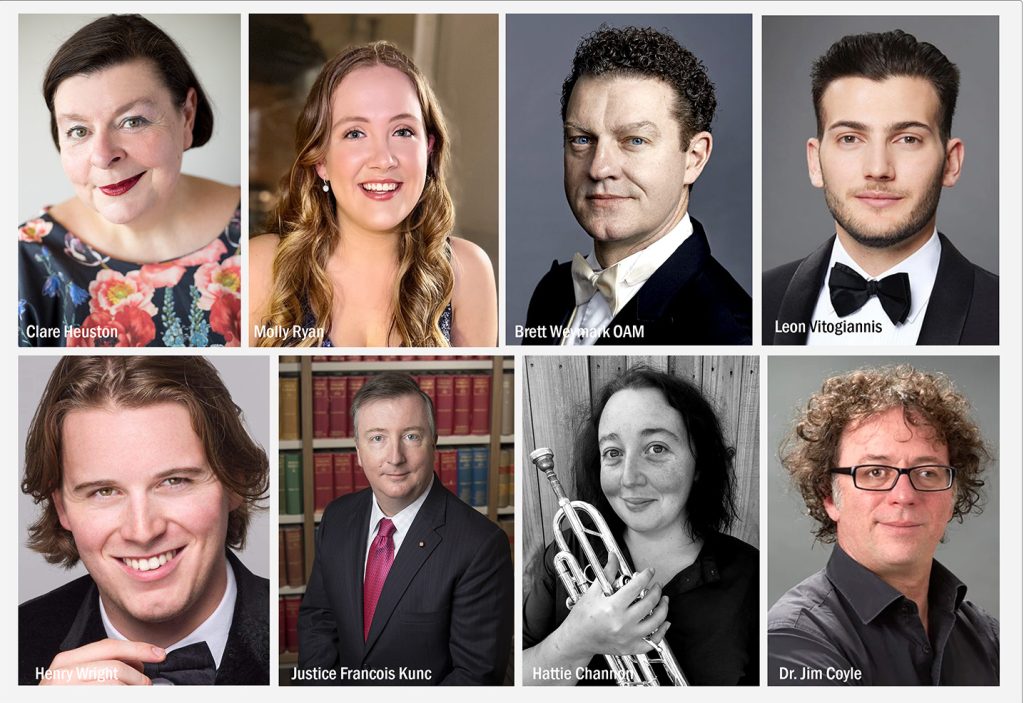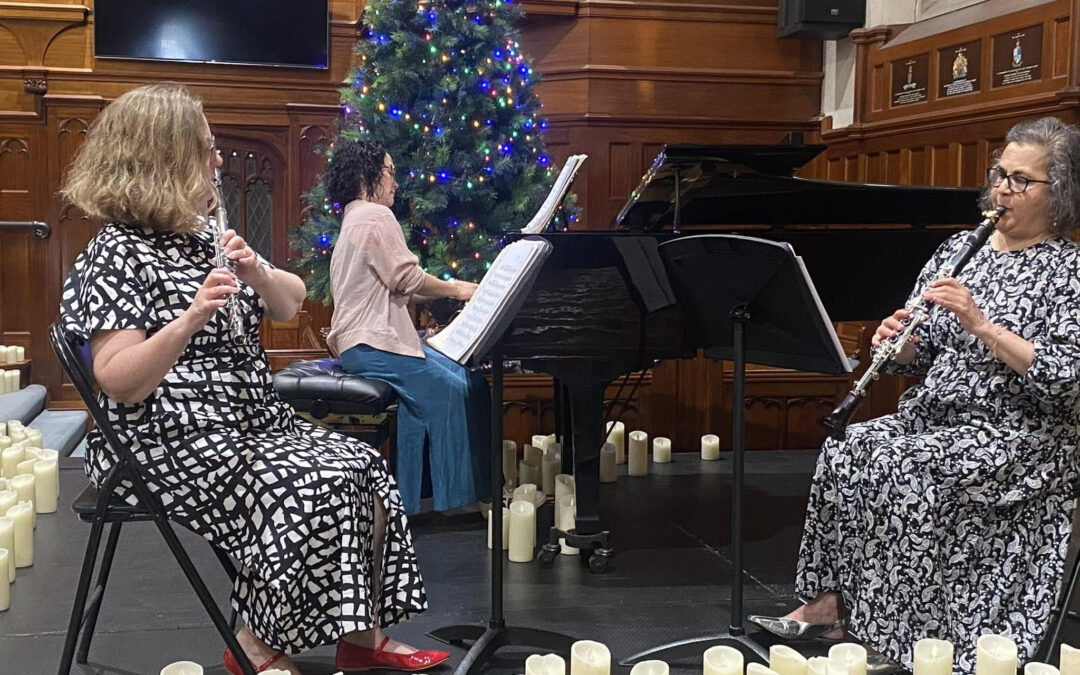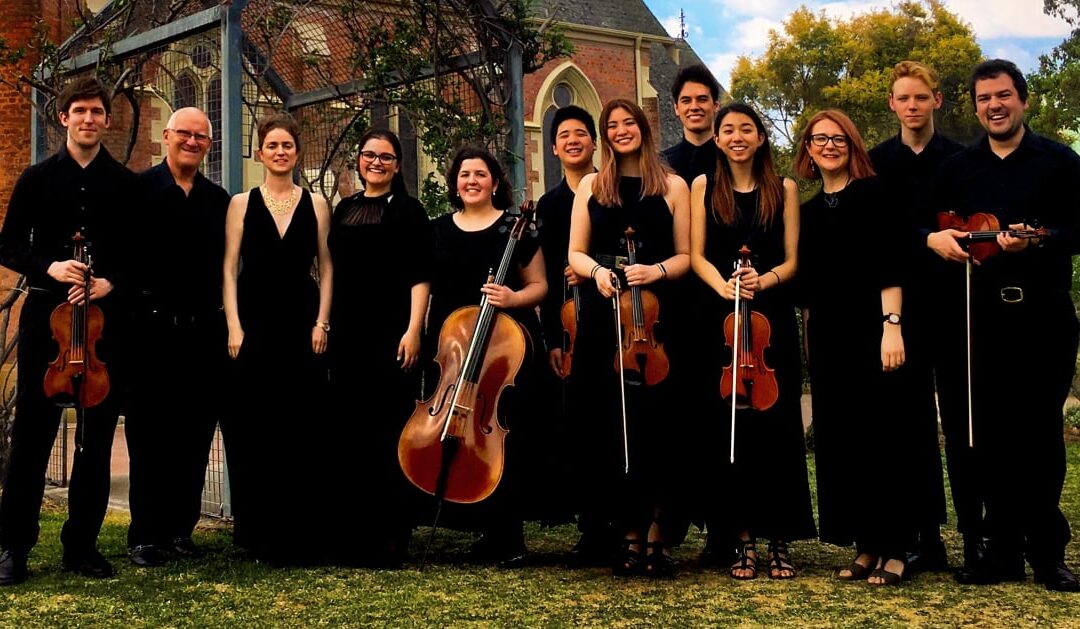Sydney Chamber Choir | The Human Spirit
Saturday September 23, 2023, Verbrugghen Hall, Sydney
It was a positive sign of the continuing creativity of the human spirit to note that all the works in this performance were composed in the 21st century and a delight that many of the composers were in the audience. This was helped by the fact that many of the works had been commissioned by the Sydney Chamber Choir, whose mission includes encouraging Australian composers.
However, the concert began with the “Riga Mass” (Missa Rigensis) by Latvian composer, Ugis Praulins, who had himself been a boy chorister in the Riga Cathedral. The Sydney Chamber Choir walked onto the darkened stage of the Verbruggen Hall at the Sydney Conservatorium and, as the lights came on, began to sing the Kyrie from this Mass. The subtle splendour of their costumes matched that of their singing. Sam Allchurch conducted them with sensitivity. Soloists from within the choir sang in beautiful, pure voices. I was particularly impressed with Ria Andriani following her score in Braille, whilst singing subtle high notes in the Gloria. Soprano Josie Ryan’s voice was equally pure. Tenors Richard Sanchez and Matthew Flood were also impressive in the Kyrie and Gloria respectively. The music reflected the rhythmic repetition of Latvian folk music tradition combined with the sounds of the grand Renaissance choral masses.
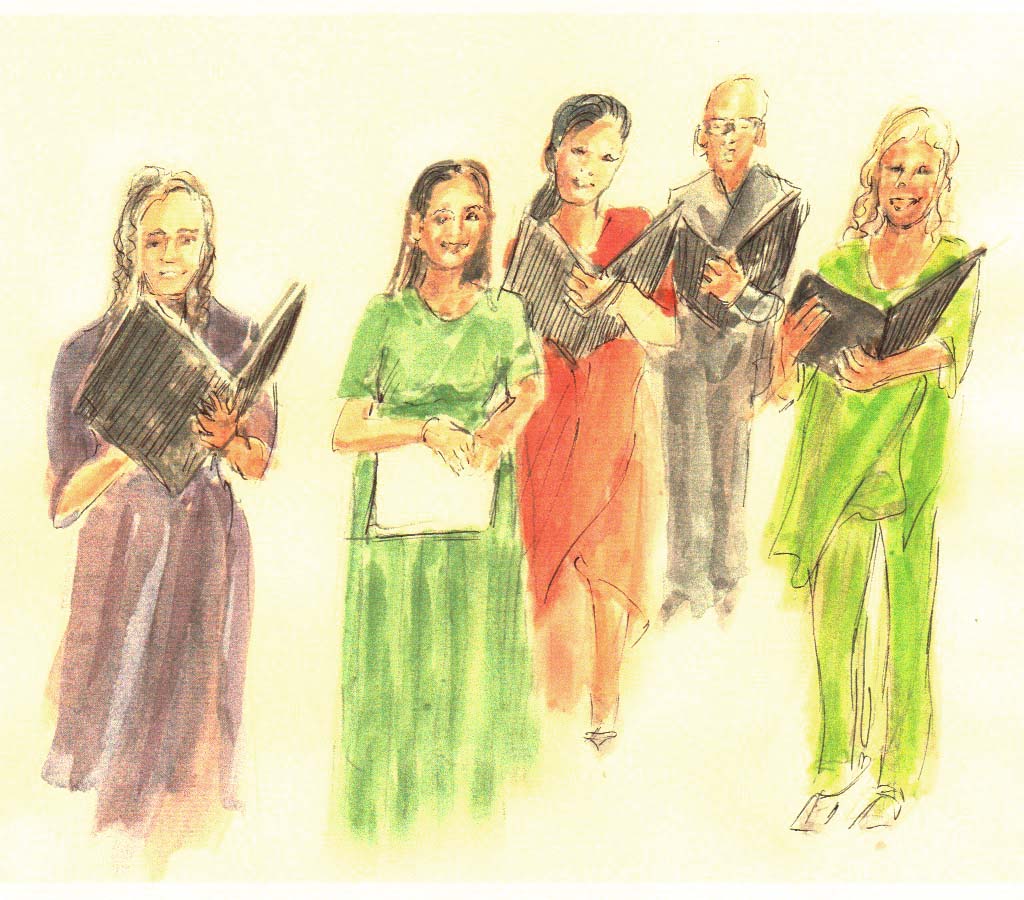
We heard another work influenced by Latvian folk music and tradition – this time by young Australian composer, Ella Macens. When the World Closes Its Eyes was commissioned by the Sydney Chamber Choir. It is a work full of compassion for Nature and Humanity and the need to be heard. The choir began singing very softly. Alto, Naomi Crellin, sang a beautiful solo. The ending was inspired by the Latvian folk song, Put Vejini, which became a surrogate national anthem during Soviet days, when the official Latvian National Anthem was banned. Ella Macens, somewhere in the audience, was appreciatively applauded.
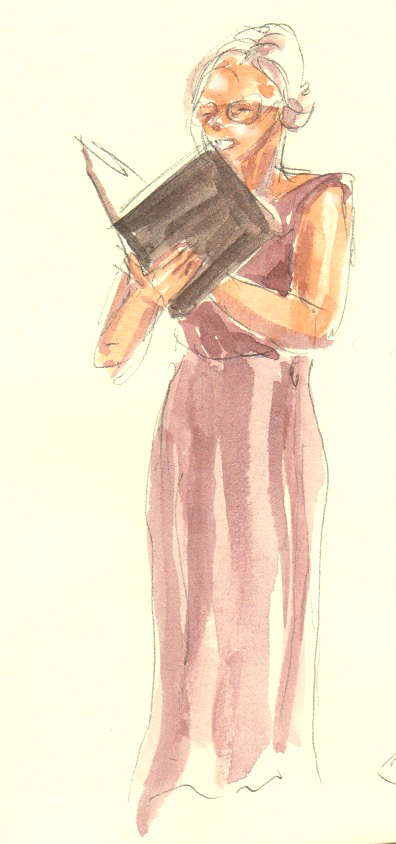
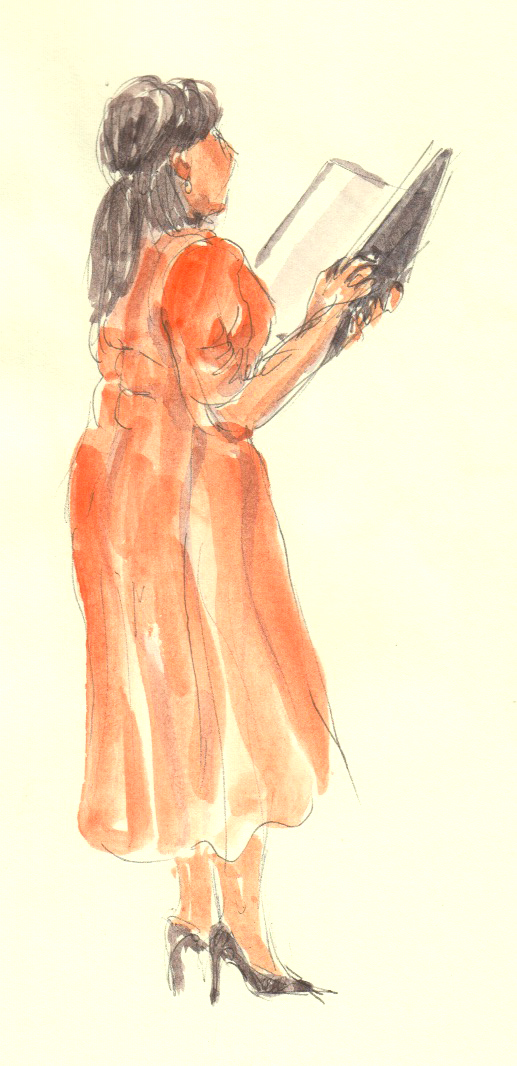 The feeling of togetherness in choral singing was further reflected in Antony Pitts’ Missa Uniatis (Mass of Unity). The choir formed into a circle and sang the Credo from this Mass to each other.Divided into 2 choirs, they sang the opening lines joyously in a slightly jazzy rhythm, each choir bouncing off the other. Choral harmonies rose and fell as they sang, ending in the style of 12th century Paris. The innovative style of stage direction and presentation was reminiscent of Antony Pitt’s Song Company productions when he was their Artistic Director. At the end, he came to the stage and shook hands with the conductor to audience applause.
The feeling of togetherness in choral singing was further reflected in Antony Pitts’ Missa Uniatis (Mass of Unity). The choir formed into a circle and sang the Credo from this Mass to each other.Divided into 2 choirs, they sang the opening lines joyously in a slightly jazzy rhythm, each choir bouncing off the other. Choral harmonies rose and fell as they sang, ending in the style of 12th century Paris. The innovative style of stage direction and presentation was reminiscent of Antony Pitt’s Song Company productions when he was their Artistic Director. At the end, he came to the stage and shook hands with the conductor to audience applause.
Another composer who was present, was Elizabeth Younan, who also came up onto the stage for accolades after the performance of her new work, Espoir. Commissioned by the Sydney Chamber Choir, the work is set to the words of Lebanese-Palestinian poet, May Ziadeh from her collection Fleurs de Reve from1911. Each song was preceded with a chorister reading out the poetic words before the choir sang them evocatively. They sighed the silvery moonlight in The Song to the Moon. Song to the Muse featured pure, high notes from the sopranos creating a dreamy dissonance with the rest of the choir. The third song, Espoir, started in quiet unison and developed interesting rhythmic effects through pauses before a triumphant ending.
After a short break, where the audience remained seated, we were treated to an Australian Song Cycle by Joe Twist. Inspired by the rainforest setting of his Covid escape at the Gold Coast (he’d been working in America for eight years), he used the work of iconic Australian poets to illustrate his love of Australian nature and its endangered position.
The choir hummed with an evocative piano accompaniment, while baritone, Sebastien Maury, sang Banjo Patterson’s words in Sunrise on the Coast, rising to a climax with the words ‘Let there be Light’, then gently finishing the song alone. The effect was stunning.
The piano played twisting tendrils of sound accompanying the choir’s mysterious description of flowers for Judith Wright’s poem Wonga Vine. A very high soprano solo by Belinda Montgomery added to the mystery. I enjoyed the fun interpretations of poems by Leunig (Magpie) and Les Murray (Jellyfish). The piano accompaniment to Lorikeets from Peter Skrzynecki’s poem of the same name, reflected these birds’ rapid chattering.
Joe’s father, Jack Twist, provided the poetry for the heart-breaking statistics of wild life loss from the recent devastating bushfires. The choir chanted these in sad, subdued voices.
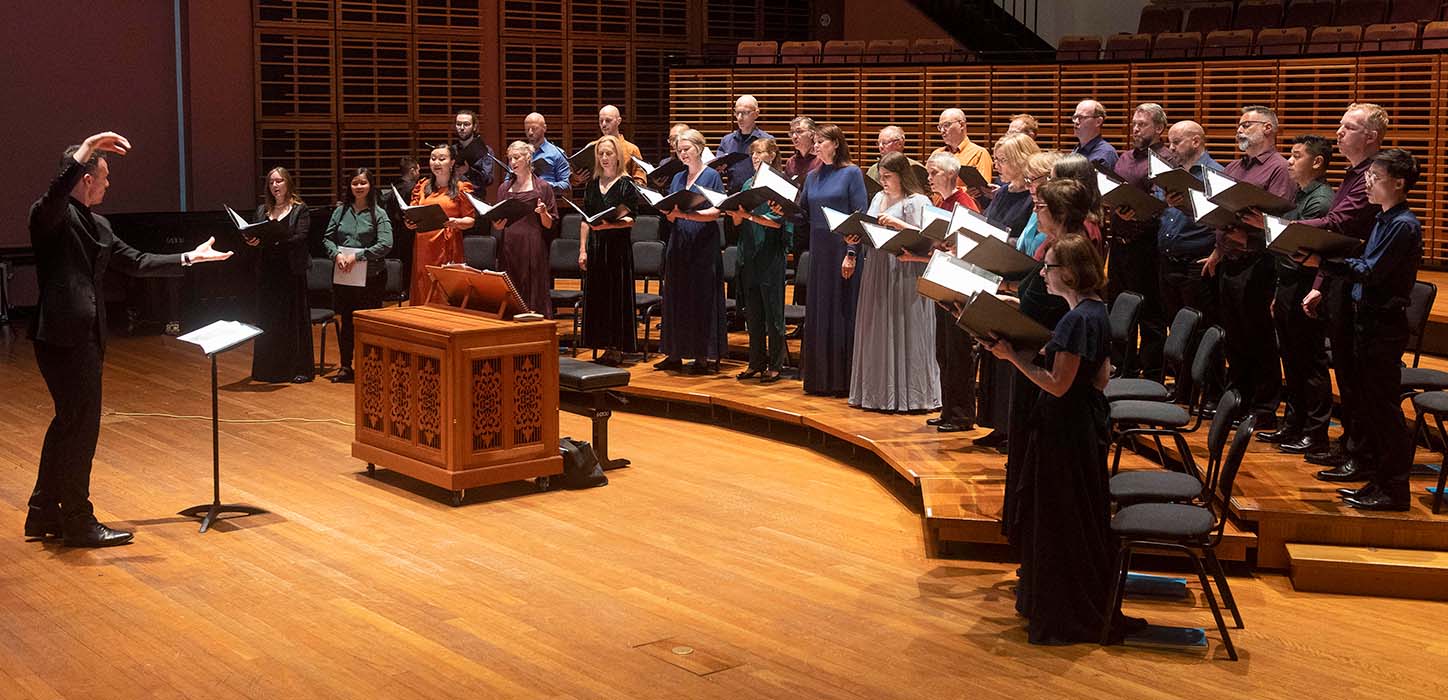
In contrast, the final song, Time is Running Out, by Oodgeroo Noonuccal was almost shouted in passionate anger to hammered piano chords, as a reaction to the destruction of sacred First Nations lands. Their passionate singing rose, then subsided into almost inaudible murmurs.
After a reflective pause, the audience burst into applause, not only for the choir, but for the composers as well. The pianist, Jem Harding, received his own accolades, although he seemed to think they were for somebody else. The audience continued excited discussions in the foyer, themselves reflecting the the Human Spirit in appreciation of this creative concert.
Sketches: Heidi Hereth


